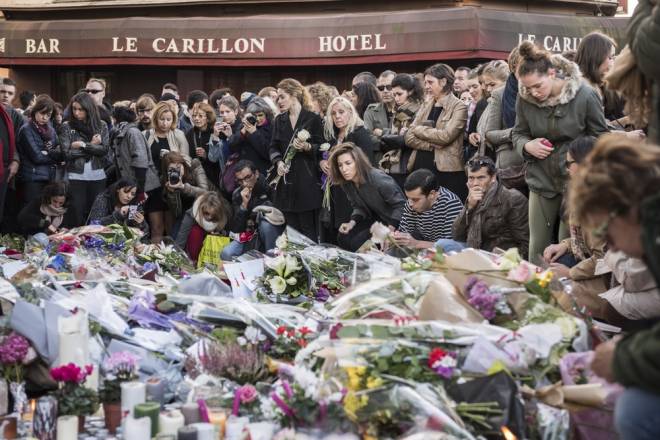Article from Les Echos Business: http://bit.ly/1XkNnun
Sadness, loss of motivation, need to talk... Three days after the attacks in Paris, companies must listen and show compassion towards shocked employees.

The emotion. Sadness. Pain. After the attacks in Paris, which to date have left 129 dead and more than 350 injured, firms specializing in psychological support have been overwhelmed with calls. HRDs whose teams have been hit hard. Restaurant managers whose servers fear new bursts. Administrations that had to take care of devastated Parisians...
The return to the office feels like a hangover. For those who have been affected directly or indirectly, resuming normal activity, concentrating, mobilizing one's energy on tasks that seem ridiculous, remains delicate. "An event like this necessarily impacts the life of the company", observes David Mahé, president of the cabinet Stimulus, specialized in psychosocial risks.
[...] More generally, listening on the part of managers, and even colleagues, is essential: “You have to be vigilant about situations of withdrawal, of non-expression. Pay special attention to it,” warns Jérôme Boucher, director of operations at Psya. Because silence is twisted. "The risk is that some people suddenly decompensate, hence the importance of also discussing with occupational physicians who will give us information," said Grégoire Vitry, psychotherapist, founder of the Lact firm. Especially since these terrorist attacks are also sometimes superimposed on climates of internal tension in the company...
Hence the need for this collective speaking. Because beyond the demotivation, those who were in the "hold" and tried to cope can experience serious psychological suffering. “It is estimated that 5-10% of those indirectly affected will develop post-traumatic stress disorder. And 35 to 50% of those who were directly exposed. For them, the event remains in the present and does not manage to register in the past”, describes Grégoire Vitry. [...]



